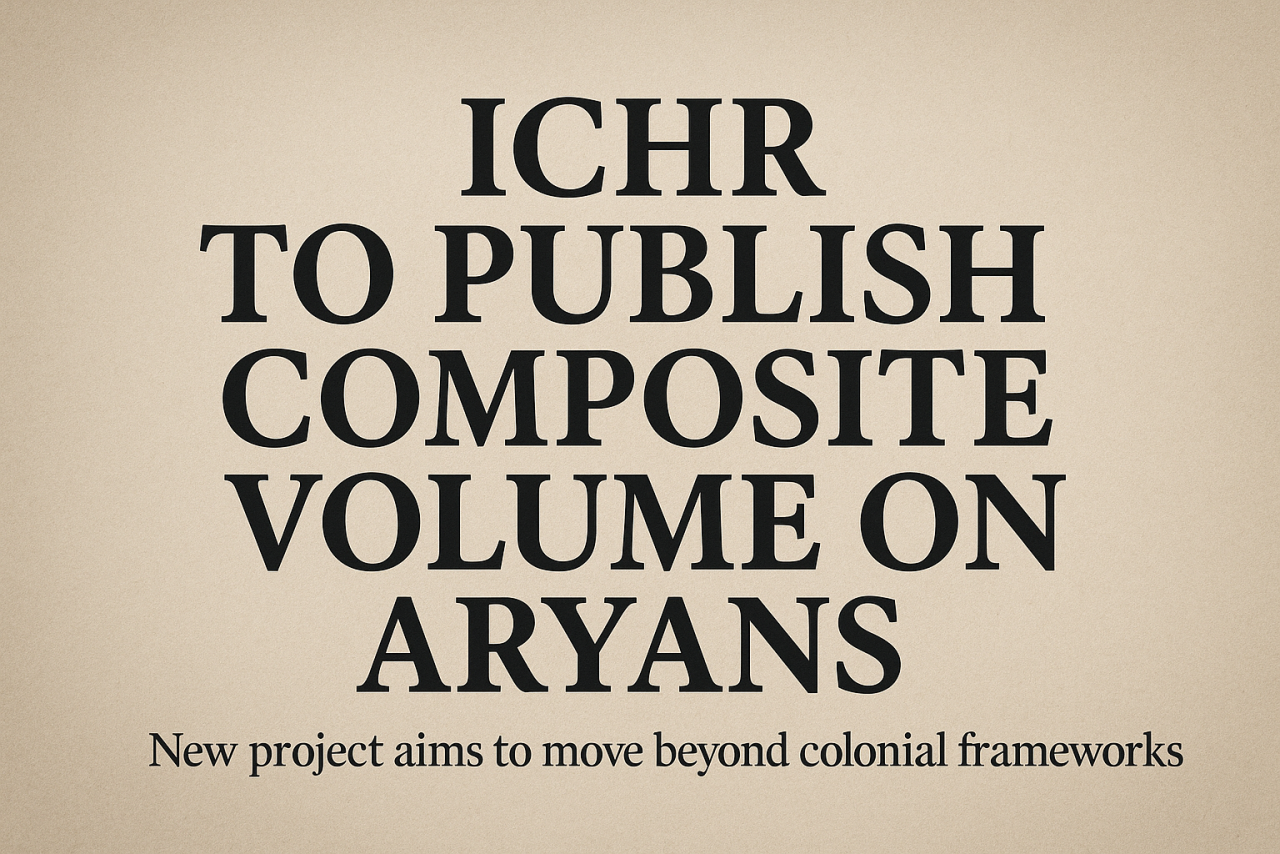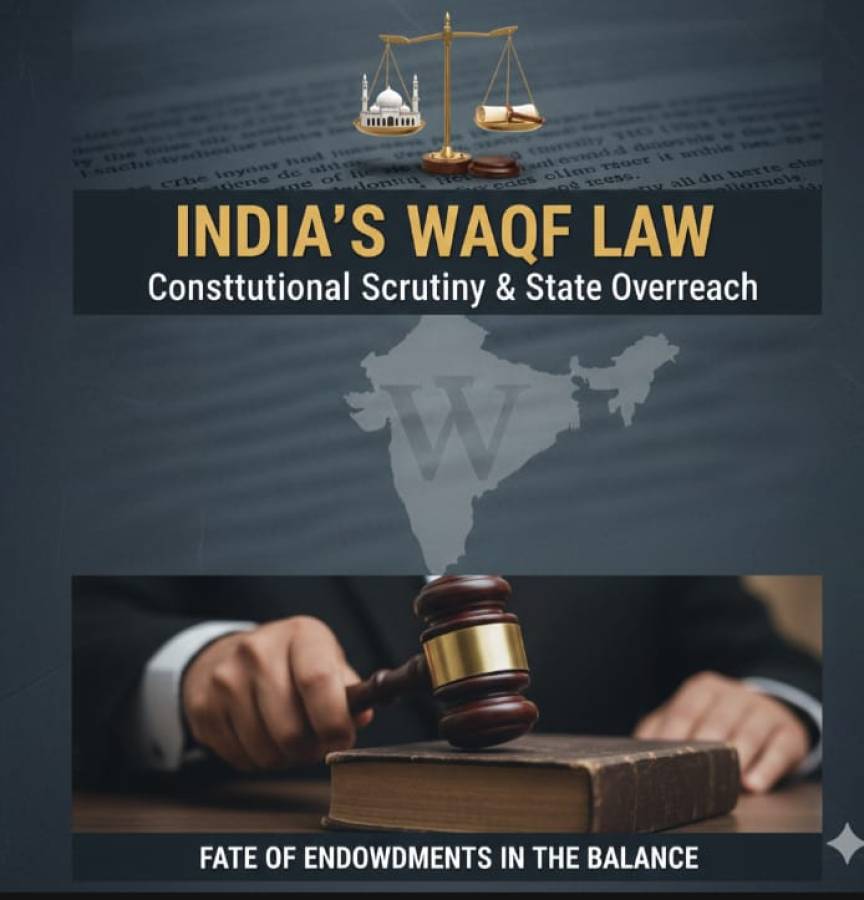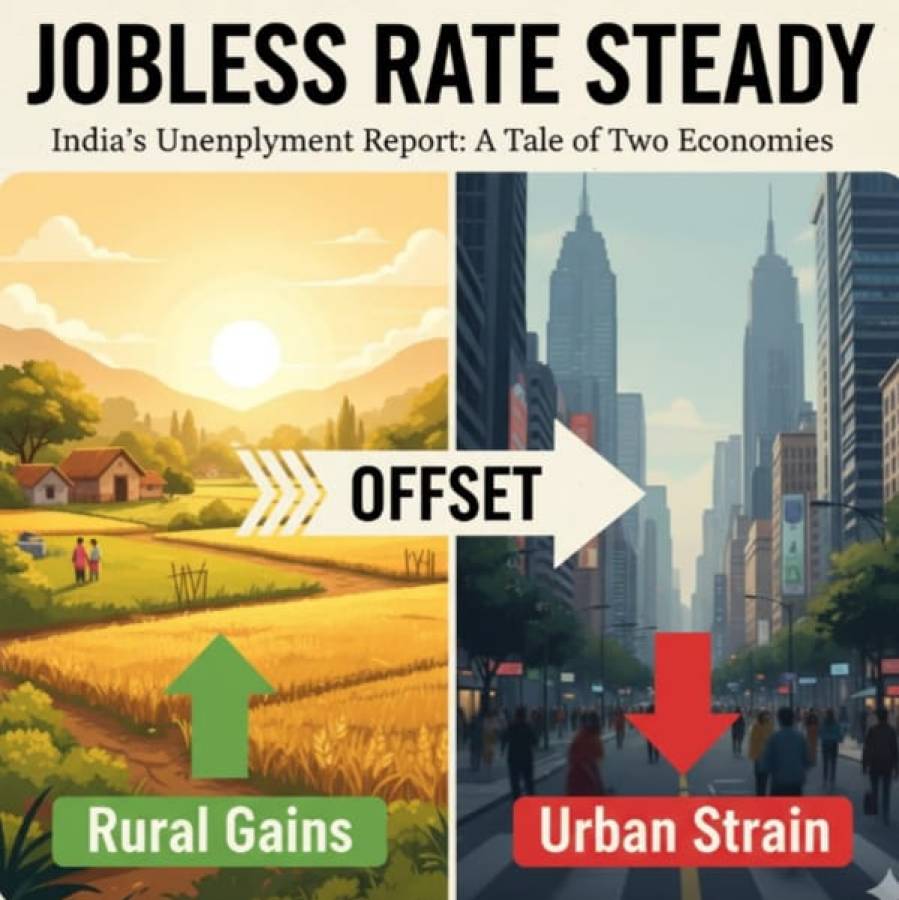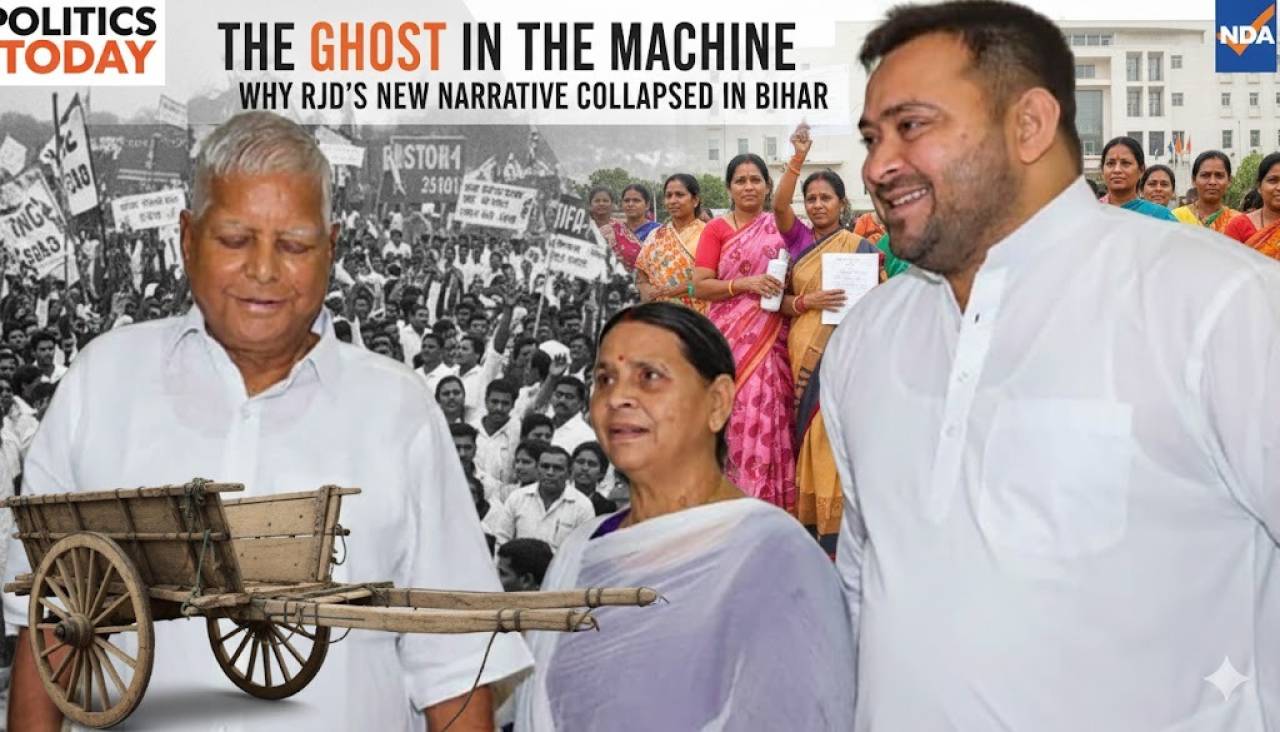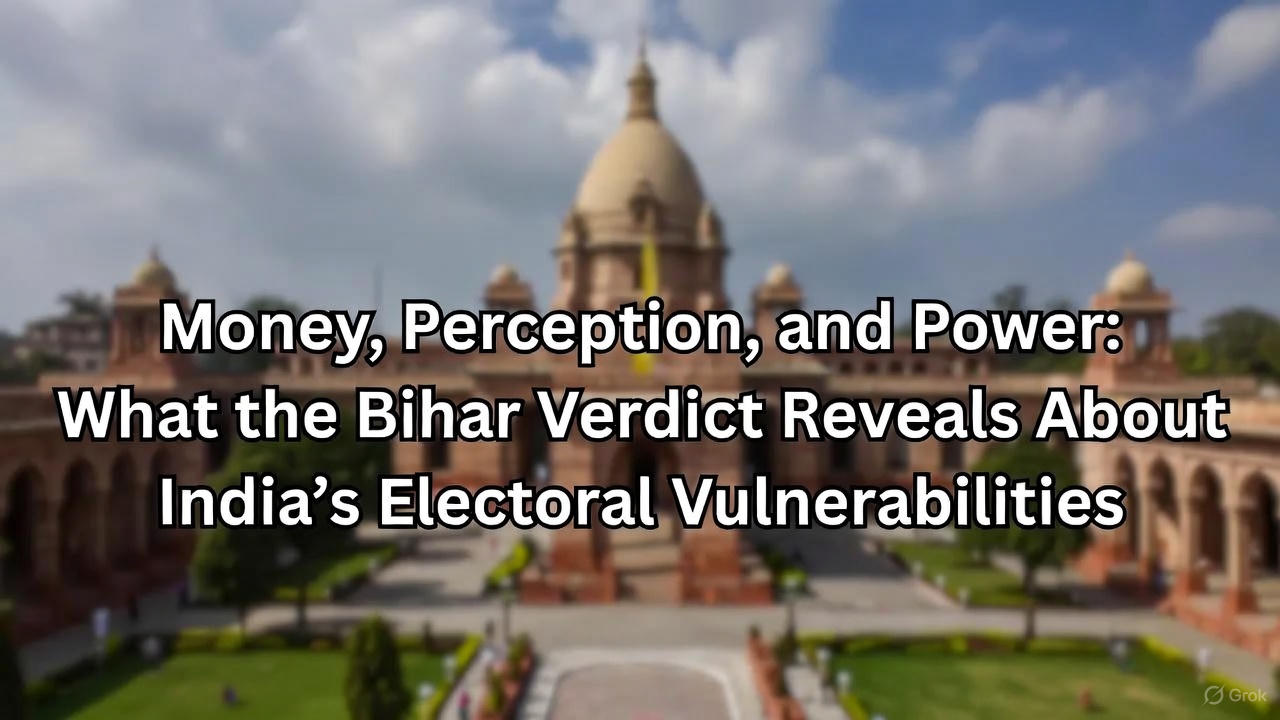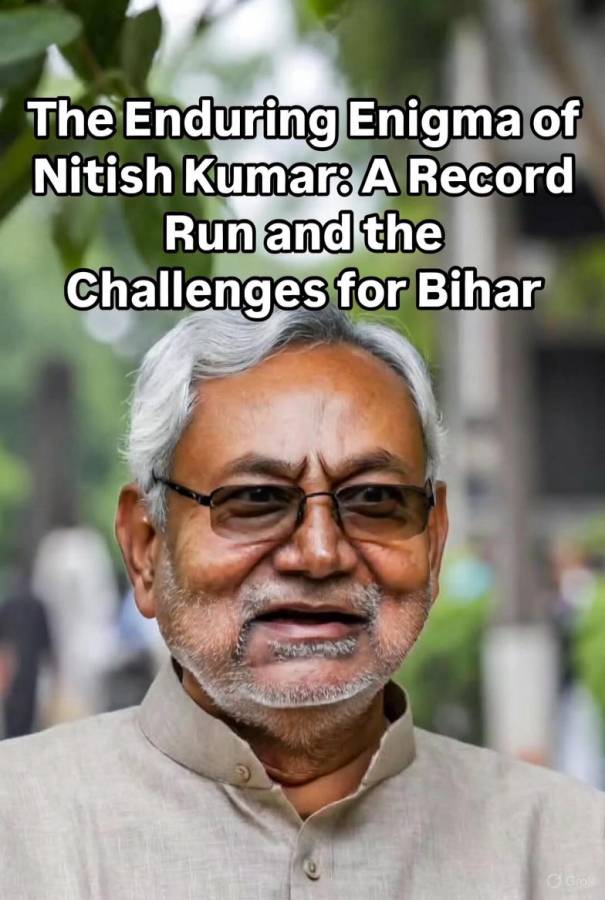
In a display of political resilience that few in Indian politics can match, Nitish Kumar has once again been elected as the leader of the National Democratic Alliance (NDA) and is set to administer the chief ministerial oath in Patna for the tenth time—the highest for any Chief Minister ever in India. This unprecedented run underscores his unique, and often controversial, position as the perennial pivot of Bihar politics.
Kumar's journey has been anything but conventional. While his forthcoming term marks his tenth oath-taking, the number of successful terms is five, a distinction arising from multiple political realignments. His first tenure in 2000 famously lasted only seven days. His longest consistent run began in 2005. He resigned in 2014 after the JD(U)'s loss in the Lok Sabha elections, installing Jitan Ram Manjhi as CM, only to take charge again in 2015 before the assembly elections. He has since continued his characteristic political maneuvers, switching sides multiple times—from the NDA to the RJD-Congress-led Grand Alliance in 2017, back to the NDA in 2022, rejoining the RJD in 2022, and once again returning to the NDA in 2024 to come back to power in 2025.
An Unmatched Tenure and Shifting Alliances
Having accumulated 7023 days as a chief minister, Kumar is currently ranked eighth among the longest-serving chief ministers in the country. He is on track to complete his full term of 1845 days, which would make him the third longest-serving Chief Minister in the history of the country, behind only Pawan Chamling (Sikkim) and Naveen Patnaik (Odisha).
However, his record is not without internal turbulence. Kumar has seen 14 governors while in the chief minister's office, making him the third in the list of chief ministers who have seen the most governors in their term, behind Lal Thanhawla (Mizoram) and Virbhadra Singh (Himachal Pradesh). This statistic subtly mirrors the frequent political shifts and power plays that have defined his decades at the helm.
The Mandate and the Mission: What Bihar Needs
This latest victory, secured on the back of the NDA, suggests a high level of public trust in Kumar to continue his mission of transforming Bihar. His past record is distinguished by an effort to enforce the rule of law and improve physical infrastructure, earning him the moniker of 'Sushasan Babu' (the good governance man).
Yet, the state's challenges remain formidable, forming the core mandate for his new administration.
Economic Imperative: Despite having an economy growing at a healthy rate (8.64% for FY 24-25), Bihar remains one of the poorest states in India. The government's task is clear to look beyond mere sustenance and launch initiatives that go beyond welfare measures to build basic infrastructure like highways and foster job creation.
Welfare and Development: While the state's gender welfare schemes, such as cycles for girl students and cash handouts (like Jeevika), have helped build public support and capacity, jobs remain scarce. Remittances are a major source of revenue for the state, highlighting the ongoing issue of male migration in search of work.
Infrastructure and Mindset: The NDA's manifesto has responded directly to these needs, emphasizing the rebuilding of Bihar's urban infrastructure and promising a substantial investment of ₹1 lakh crore in sectors like agriculture, building industrial and food parks, and special missions for pulses and fox nuts. However, the state treasury is under strain due to the high costs of welfare promises. A key challenge, therefore, lies not just in funding these projects but also in a fundamental mindset transformation within the administration. The focus must shift from simply perceiving the public as recipients of welfare to viewing them as 'labharthis' (beneficiaries) whose capabilities need to be actively enhanced by the state.
Finally, Nitish Kumar's tenth oath is a record-breaking political achievement, cementing his position as the ultimate survivor in Bihar's 'Game of Thrones'. However, his tenure must now be less about political arithmetic and more about delivering the ambitious economic and developmental agenda required to uplift Bihar from the shadow of poverty and job scarcity, translating public trust into lasting, tangible progress.




